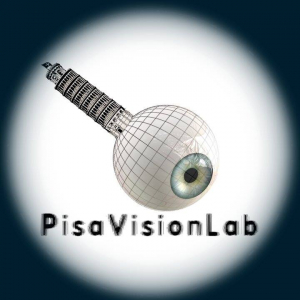Short-Term Monocular Deprivation Enhances Physiological Pupillary Oscillations, Neural Plast, (2017), 6724631.
Short-term monocular deprivation alters visual perception in adult humans, increasing the dominance of the deprived eye, for example, as measured with binocular rivalry. This form of plasticity may depend upon the inhibition/excitation balance in the visual cortex. Recent work suggests that cortical excitability is reliably tracked by dilations and constrictions of the pupils of the eyes. Here, we ask whether monocular deprivation produces a systematic change of pupil behavior, as measured at rest, that is independent of the change of visual perception. During periods of minimal sensory stimulation (in the dark) and task requirements (minimizing body and gaze movements), slow pupil oscillations, “hippus,” spontaneously appear. We find that hippus amplitude increases after monocular deprivation, with larger hippus changes in participants showing larger ocular dominance changes (measured by binocular rivalry). This tight correlation suggests that a single latent variable explains both the change of ocular dominance and hippus. We speculate that the neurotransmitter norepinephrine may be implicated in this phenomenon, given its important role in both plasticity and pupil control. On the practical side, our results indicate that measuring the pupil hippus (a simple and short procedure) provides a sensitive index of the change of ocular dominance induced by short-term monocular deprivation, hence a proxy for plasticity.
